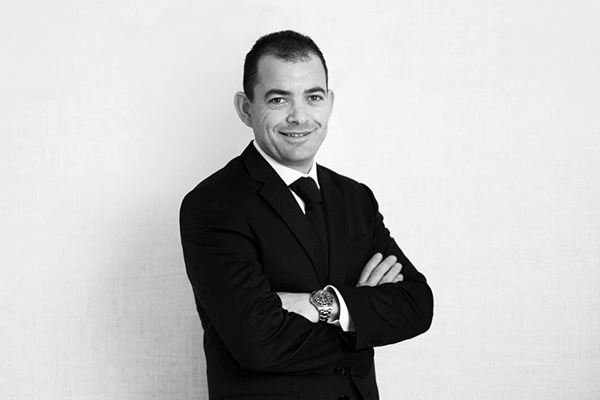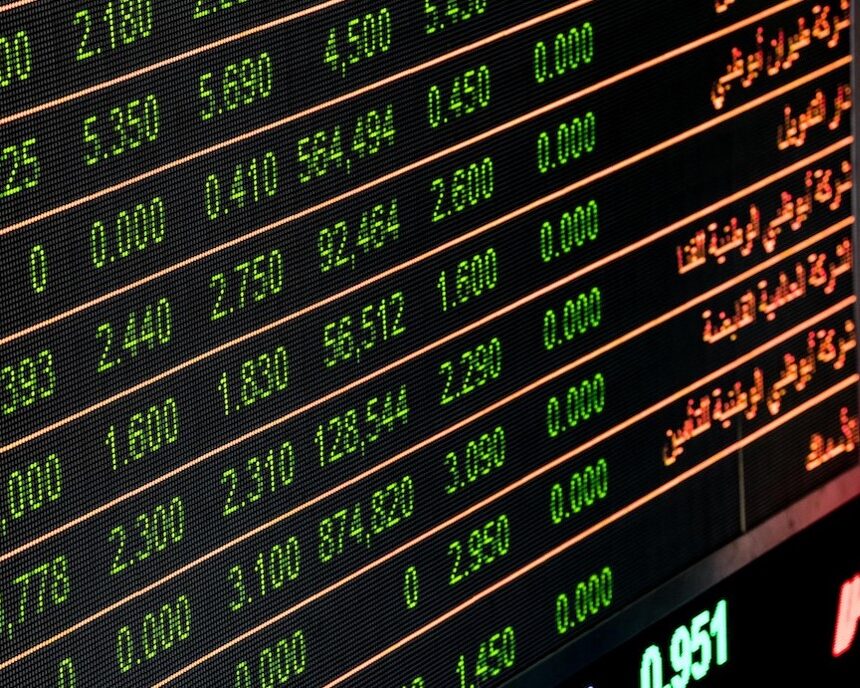In recent weeks, apart from the continued upturn in international equity markets with the main indices in the US, Europe and UK reaching fresh record levels, another development was the comeback of the meme stock craze that spooked short sellers in 2021.
In early 2021, there was a sudden and sharp jump in the share price of GameStop – a retailer of video games, game consoles and consumer electronics. The upturn of over 2,000 per cent in the company’s share price within a very short period of time was reported to have been led by a large increase in trading by retail investors using a specific financial platform following coordinated efforts by these investors through a social media platform aiming to punish short sellers.
Short sellers are investors who borrow shares to sell them in anticipation of the price going down, then buying them back, thus earning the difference between the sale price and repurchase price. However, this strategy carries significant risks. If the share price does not decline as expected, short sellers can incur hefty losses.
The spectacular jump in the share price of GameStop in early 2021 was due to the fact that a number of hedge funds were caught in a so-called ‘short squeeze’. These hedge funds were forced to buy shares at any price as the price jumped in order to close out their positions and honour their contracts.
However, while some retail investors undoubtedly may have profited handsomely from this surge in activity in 2021 as they would have sold to these hedge funds snapping up the shares, the share price of GameStop and other companies caught within this frenzy crashed back down within weeks as the excitement fizzled out. As such, many other young and inexperienced retail investors also got badly burned by the experience. In fact, the all-time high of GameStop (adjusted for the 4-for-1 share split in mid-2022) was over USD85 in January 2021 compared to a 2023 year-end price of below USD20.
The same person purported to have ignited the frenzy in early 2021 on the social media platform reappeared online some weeks ago after a three-year absence. In mid-May, a new post on his X account (previously Twitter) was sufficient to re-ignite the frenzy in the shares of GameStop and other companies. Within 48 hours of this post that took place earlier this month, the share price of GameStop and AMC Entertainment (another company heavily shorted by hedge funds) soared by 179 per cent and 135 per cent respectively. To place this into perspective, the market cap of GameStop increased by over USD9 billion in just 2 days.
While it may be tempting for traders to try to profit from such sharp movements in share prices and generate quick returns, this carries very high levels of risk. Within this context, I thought of explaining once again the real rationale of investing in the equity market.
Some individuals perceive the stock market as a place to speculate on which share prices will move quickly in order to generate potential quick gains.
However, there is a considerable difference between the concept of speculating and investing.
In response to the comeback of meme stocks earlier this month, one of the recent articles I came across stated the following on the difference between these two distinct concepts: “Speculation involves making high-risk financial transactions in the hope of significant returns, driven by market fluctuations and often accompanied by a lack of in-depth analysis. It is akin to gambling, where success is based primarily on chance rather than careful evaluation”.
In my view, this statement is a very important one in the context of the overload of information hitting our screens through various forms nowadays and which may instigate investors to take quick decisions in the hope of generating short-term returns.
On the other hand, the author of this article explains that investing in the equity market is an entirely different concept. “An equity, or a stock, represents ownership in a company. When you purchase a stock, you are buying a share of the company’s assets and earnings. You become a business owner. This ownership entitles you to a proportion of the company’s profits and, over time, potentially to a share in its growth through appreciation in stock price and dividends”.
In some of my articles over the years, I had tackled the rationale of investing in the equity market also by quoting the legendary investor Warren Buffett who invariably advocated to hold on to investments for the long term and take advantage of the power of compound interest.
Before making an investment decision, investors need to focus on the underlying fundamentals of the asset, such as a company’s financial health, market position and growth prospects. The ultimate aim is to achieve steady returns over time. This is one of the key factors differentiating investors to speculators. While speculating is an attempt to make a quick return from a short-term outcome that is difficult to control or predict, investors make informed decisions to buy or hold shares that have strong potential over the long-term.
Speculators often engage in buying and selling assets based on price movements rather than the fundamental value of the asset. While this approach can lead to substantial profits, it also carries a higher likelihood of losses. Speculators are generally more willing to accept greater volatility and risk in exchange for the potential of high rewards.
Historically, the stock market has provided substantial returns to investors as evidenced by the main indices in the US, UK, Europe. For example, the S&P 500 index in the US generated a compounded annual return of 10 per cent in the past 60 years. Berkshire Hathaway, the US conglomerate led by Warren Buffet generated a compounded annual gain of nearly 20 per cent since its inception in 1965 and only performed negatively in 11 years out of its 59-year history.
Despite the underperformance over the past couple of years, the Maltese equity market has also produced strong returns to investors over time. Some notable examples include Malta International Airport plc and PG plc. Since the IPO in 2002, the equity of the airport operator generated a compounded annual return of 10 per cent which includes the capital gain in the share price (despite the weak performance since the pandemic) and the regular dividends over the years. Likewise, investors who acquired shares in PG plc at the time of the IPO in 2017 and held on to them to date have generated compounded annual returns of 12 per cent.
In summary, while investors aim for long-term growth and stability through careful analysis, speculators seek quick profits through riskier bets on market fluctuations.
A good understanding of the clear distinctions between speculating and investing is crucial for individuals to align their financial strategies with their risk tolerance and investment goals.
Read more of Mr Rizzo’s insights at Rizzo Farrugia (Stockbrokers).
The article contains public information only and is published solely for informational purposes. It should not be construed as a solicitation or an offer to buy or sell any securities or related financial instruments. No representation or warranty, either expressed or implied, is provided in relation to the accuracy, completeness or reliability of the information contained herein, nor is it intended to be a complete statement or summary of the securities, markets or developments referred to in this article. Rizzo, Farrugia & Co. (Stockbrokers) Ltd (“Rizzo Farrugia”) is under no obligation to update or keep current the information contained herein. Since the buying and selling of securities by any person is dependent on that person’s financial situation and an assessment of the suitability and appropriateness of the proposed transaction, no person should act upon any recommendation in this article without first obtaining investment advice. Rizzo Farrugia, its directors, the author of this article, other employees or clients may have or have had interests in the securities referred to herein and may at any time make purchases and/or sales in them as principal or agent. Furthermore, Rizzo Farrugia may have or have had a relationship with or may provide or has provided other services of a corporate nature to companies herein mentioned. Stock markets are volatile and subject to fluctuations which cannot be reasonably foreseen. Past performance is not necessarily indicative of future results. Foreign currency rates of exchange may adversely affect the value, price or income of any security mentioned in this article. Neither Rizzo Farrugia, nor any of its directors or employees accepts any liability for any loss or damage arising out of the use of all or any part of this article.
The bond market in 2026
In 2025, €717 million were issued on the Regulated Main Market of the Malta Stock Exchange
Institute of Directors training now available in Malta through ThinkTalent
By offering IoD’s globally respected curriculum, ThinkTalent is fulfilling its mission to be the definitive partner in strategic talent optimisation
Foreign bank participation in the MGS market
Strong institutional demand for Malta Government Stocks, shifting investor dynamics, and the growing role of international banks in MGS auctions







